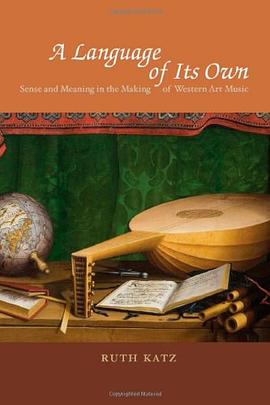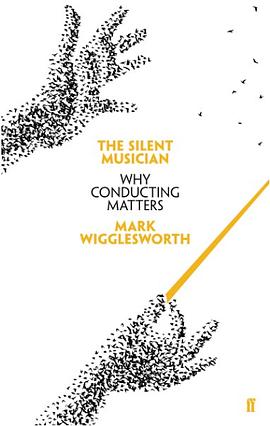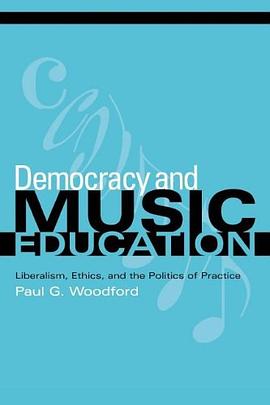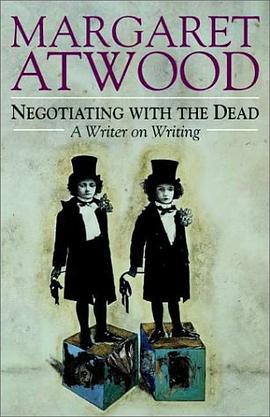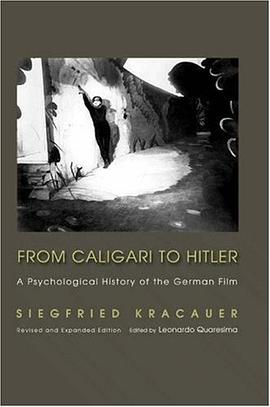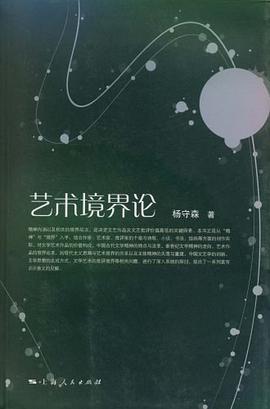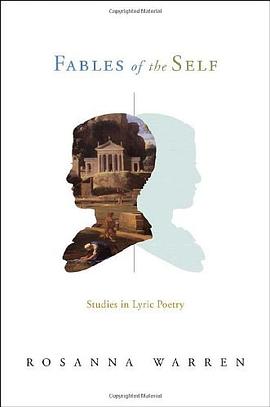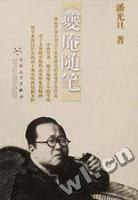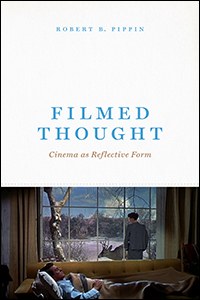

具體描述
With the rise of review sites and social media, films today, as soon as they are shown, immediately become the topic of debates on their merits not only as entertainment, but also as serious forms of artistic expression. Philosopher Robert B. Pippin, however, wants us to consider a more radical proposition: film as thought, as a reflective form. Pippin explores this idea through a series of perceptive analyses of cinematic masterpieces, revealing how films can illuminate, in a concrete manner, core features and problems of shared human life.
Filmed Thought examines questions of morality in Almodóvar’s Talk to Her, goodness and naivete in Hitchcock’s Shadow of a Doubt, love and fantasy in Sirk’s All that Heaven Allows, politics and society in Polanski’s Chinatown and Malick’s The Thin Red Line, and self-understanding and understanding others in Nicholas Ray’s In a Lonely Place and in the Dardennes’ oeuvre. In each reading, Pippin pays close attention to what makes these films exceptional as technical works of art (paying special attention to the role of cinematic irony) and as intellectual and philosophical achievements. Throughout, he shows how films offer a view of basic problems of human agency from the inside and allow viewers to think with and through them. Captivating and insightful, Filmed Thought shows us what it means to take cinema seriously not just as art, but as thought, and how this medium provides a singular form of reflection on what it is to be human.
著者簡介
圖書目錄
1 Cinematic Reflection
2 Cinematic Self-Consciousness in Alfred Hitchcock’s Rear Window
Section II Moral Variations
3 Devils & Angels in Pedro Almodóvar’s Talk to Her
4 Confounding Morality in Alfred Hitchcock’s Shadow of a Doubt
Section III Social Pathologies
5 Cinematic Tone in Roman Polanski’s Chinatown: Can “Life” Itself Be “False”?
6 Love & Class in Douglas Sirk’s All That Heaven Allows
Section IV Irony & Mutuality
7 Cinematic Irony: The Strange Case of Nicholas Ray’s Johnny Guitar
8 Passive & Active Skepticism in Nicholas Ray’s In a Lonely Place
Section V Agency & Meaning
9 Vernacular Metaphysics: On Terrence Malick’s The Thin Red Line
10 Psychology Degree Zero? The Representation of Action in the Films of the Dardenne Brothers
Acknowledgments
Works Cited
Index
· · · · · · (收起)
讀後感
評分
評分
評分
評分
用戶評價
相關圖書
本站所有內容均為互聯網搜索引擎提供的公開搜索信息,本站不存儲任何數據與內容,任何內容與數據均與本站無關,如有需要請聯繫相關搜索引擎包括但不限於百度,google,bing,sogou 等
© 2025 book.quotespace.org All Rights Reserved. 小美書屋 版权所有

